CO₂ half-year report: on the road to carbon neutral
06/10/2025

The Noordeindseweg road in Delft is being replaced in an innovative manner. Ballast Nedam is going to renew this road on a circular basis with 90% reuse of materials and the sustainable cementitious material Eco₂cem. This solution is the result of research by TNO and the specialists of DIBEC Materiaalkunde.
Due to its sensitive peat soil, the old Noordeindseweg has suffered many cracks and irregularities. Foam bitumen stabilisation therefore provides a solution. We mix the outdated asphalt road and add foamed bitumen and the sustainable cement substance Eco₂cem in the milling material. This solution can move more easily with deformations, without causing the construction layer to crack. Ideal for road constructions on peat substrates.
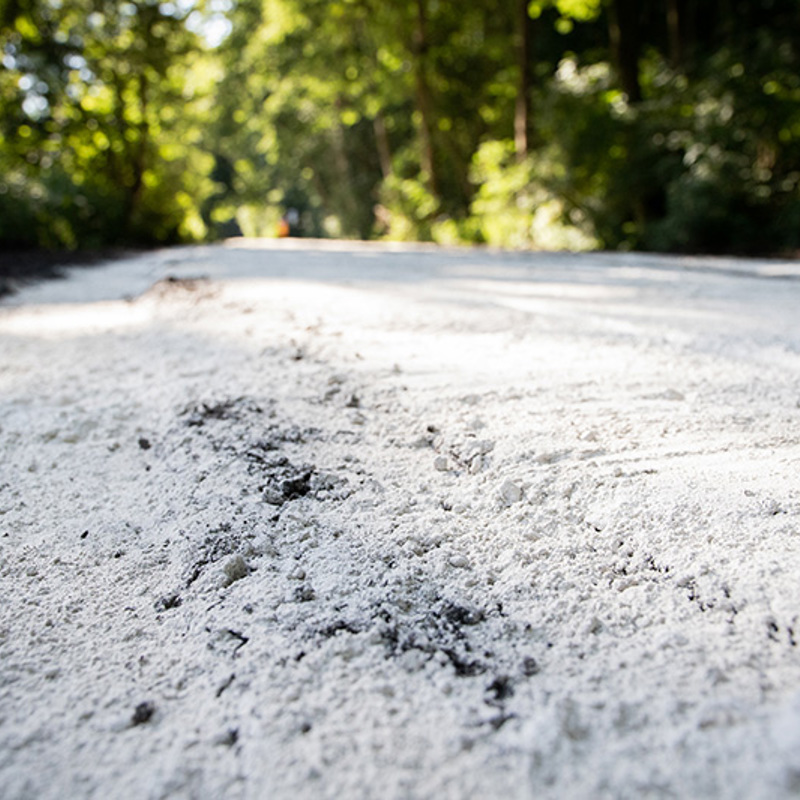
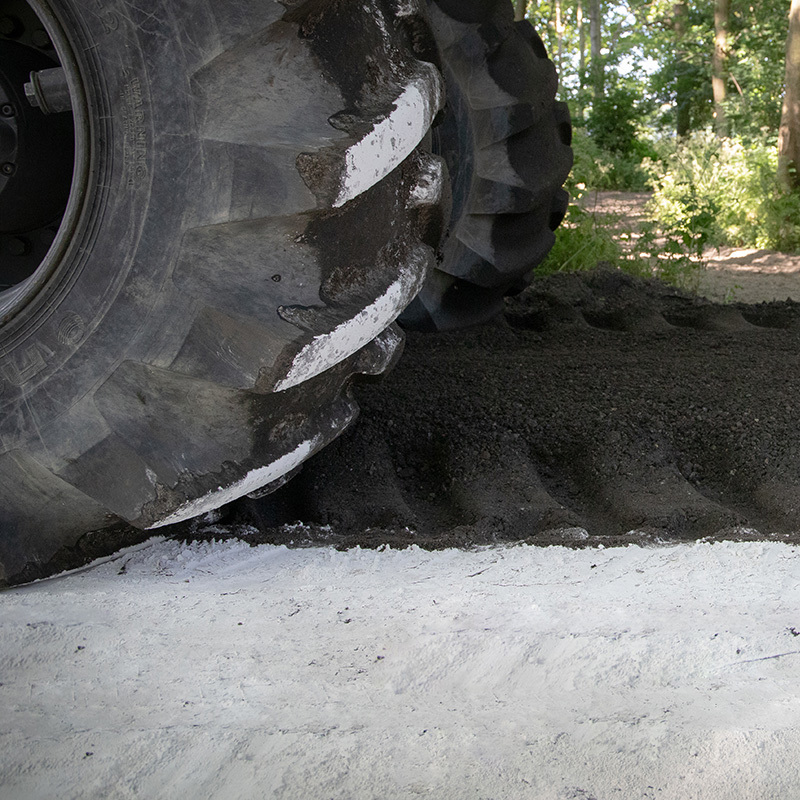
The Eco2cem sustainable cement was chosen after research by TNO, which brought science and practice together. Their literature research concluded that geopolymer cements are not yet suitable for an in-situ dry application, so the choice fell on the sustainable cementitious agent Eco₂cem.
TNO also verified the mixture design for the foam bitumen stabilisation. This independent check provides additional design security for the municipality of Delft and Ballast Nedam.
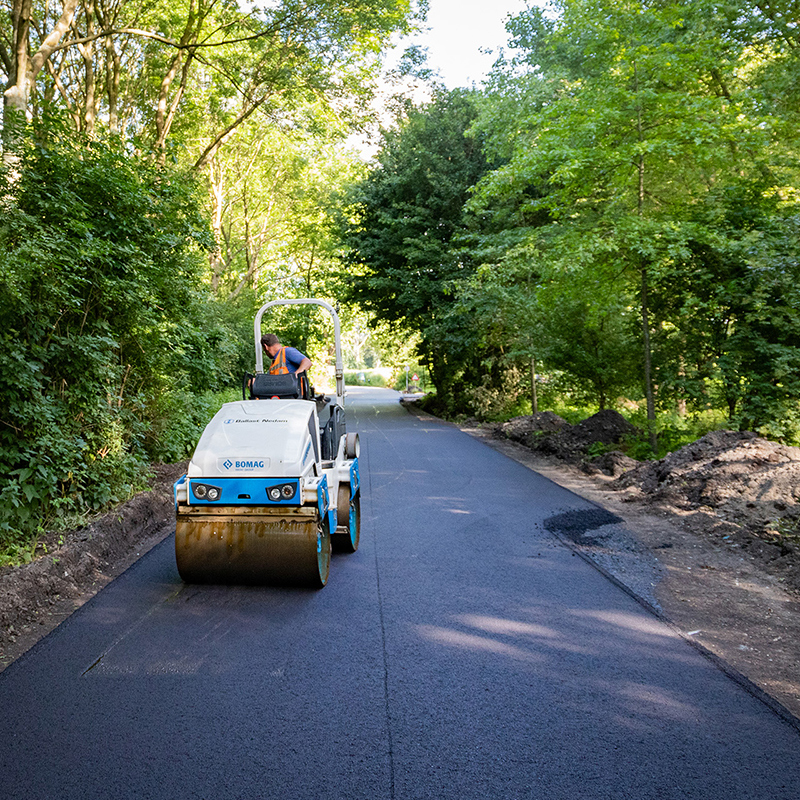
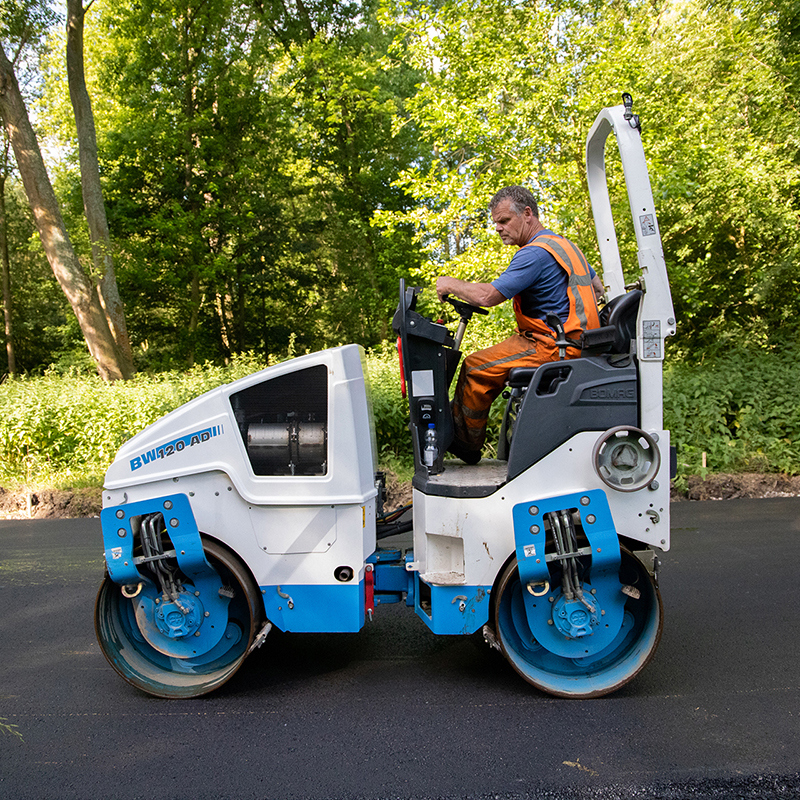
The asphalt mixture we are using on the Noordeindseweg consists of 60% asphalt granulate and 40% slag granulate, plus 2.5% bitumen and 1% ground granulated blast furnace slag: the sustainable cement substance Eco₂cem proposed by TNO. We want to reuse as much material as possible, but the quality of the road surfacing must not suffer. That is why we use data and technology to create the best solution:
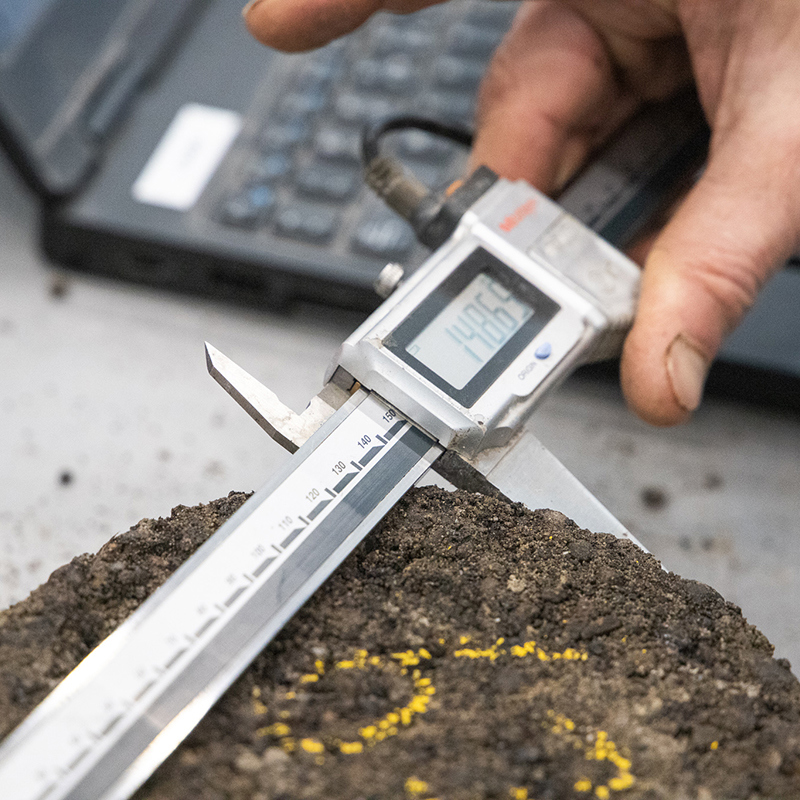
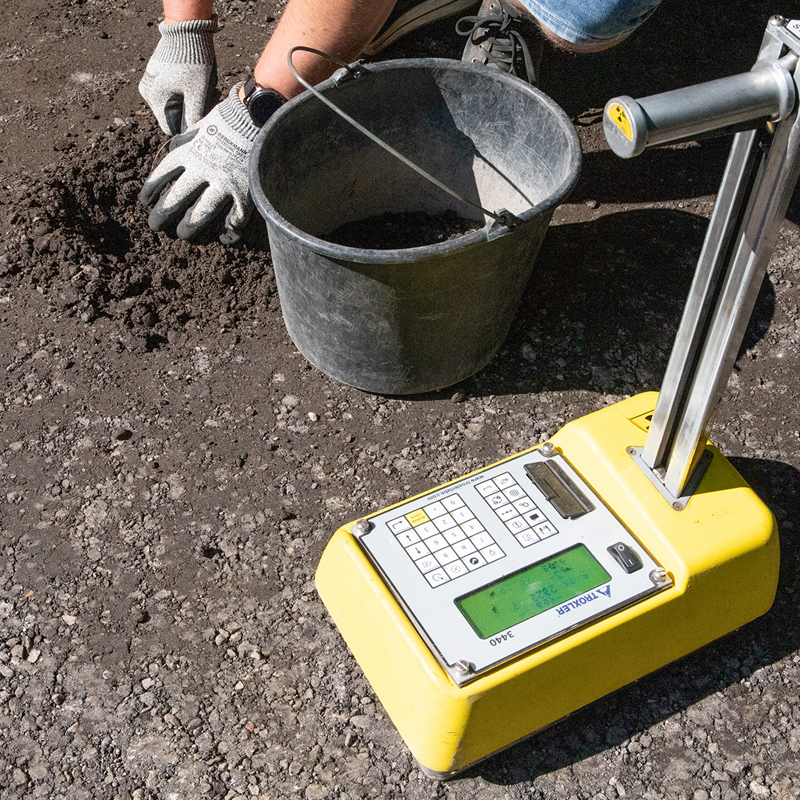
After the work is performed by our road construction specialists, in the summer of 2022 the bumpy, outdated road will be transformed into a smooth road that will last for years to come.